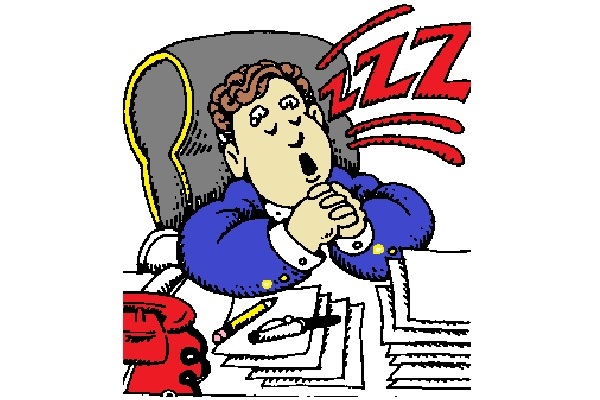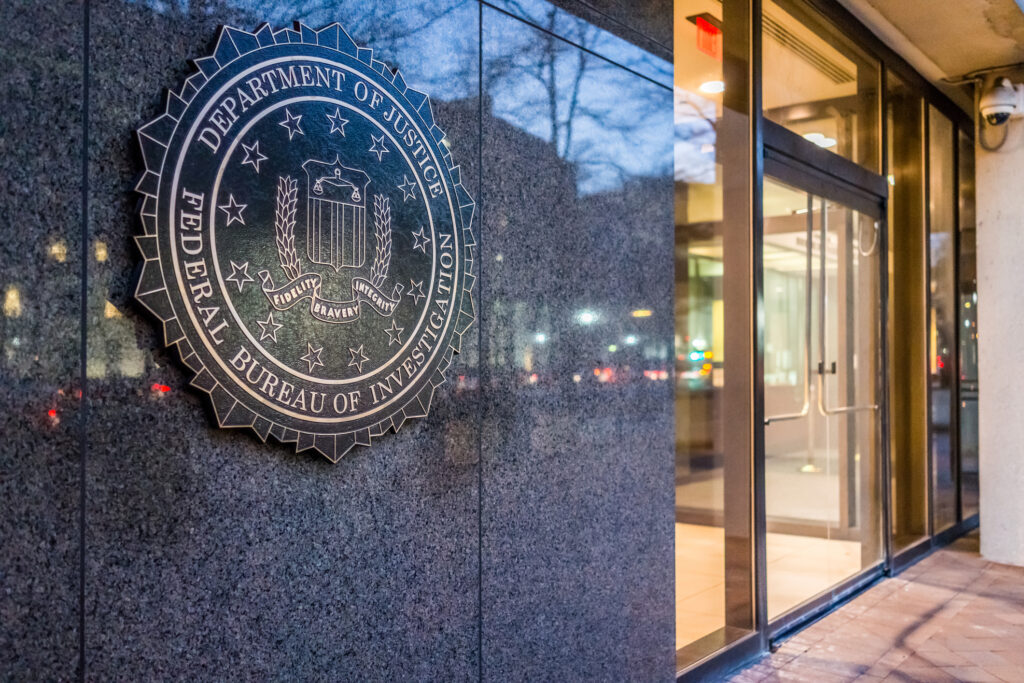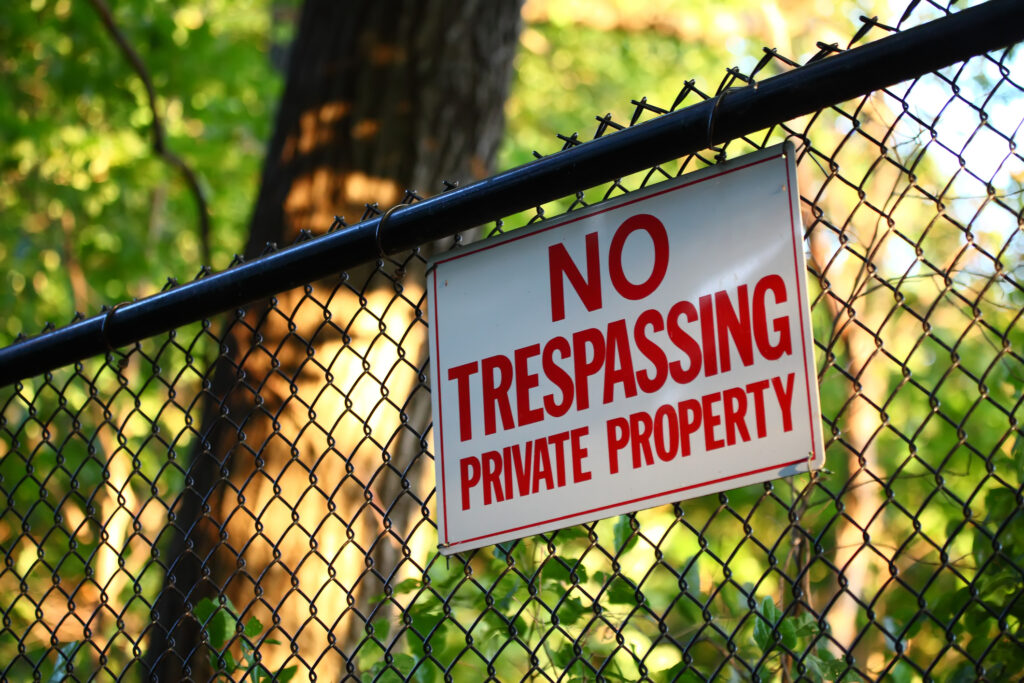A new study by the National Bureau of Economic Research finds public sector employees enjoy greater job security than private sector employees, especially during recessions and other economic downturns.
The study’s authors, Jason Kopelman and Princeton University Professor of Economics and Business Policy Harvey Rosen, examined 22 years of employment data from the U.S. Census Bureau’s Current Population Survey, to identify differences in how the public and private sector job markets respond to changing economic conditions.
Federal government workers enjoy 6 percent more job security than private sector employees, assuming all other variables are held equal, the study found.
Job Security
In the public sector, the average federal government worker’s baseline risk of job loss between 1990 and 2012 was only 6.9 percent. During recessionary periods, federal workers’ job security actually increased, by 1.5 percent, and state government workers’ job security increased by 0.7 percent. In the private sector, by contrast, economic slowdowns decreased workers’ job security by about 0.7 percent.
During the 2007 economic recession, the average private sector worker was about 5.3 percent more likely to be fired than the average federal employee worker, the study found. Likewise, private sector workers were 6.4 percent more likely to be fired than the average local government employee facing a 7.7 percent chance of job loss
Kopelman and Rosen’s analysis also found state and local government workers weathered the most recent recession better than federal employees, a reversal of trends in prior recessions.
Unusual Job Trends
The collected data “shows that during recessions other than the Great Recession, the probability of being displaced fell for federal and state government workers, but increased for local government workers,” Kopelman and Rosen wrote.
However, the researchers added, “[D]uring the Great Recession, the probability of a job loss increased for workers in the private and federal sectors, but went down for state and local workers, holding worker characteristics constant.”
Asked to explain this surprising result, Rosen was at a loss to explain the unusual trend.
“Fair question,” he said “But I’m afraid that I don’t have a good story to account for the difference.”
Sheltered from the Storm
Despite these differences, the authors conclude, “Workers in all levels of government are substantially less likely to be displaced than their counterparts in the private sector even after differences in worker characteristics are taken into account. During non-recession years, employees of the federal government are 4.2 percentage points less likely to lose their jobs than private sector workers.”
“We document that public sector workers do indeed have an advantage in terms of job security, and the relative advantage increases during recessions,” Rosen added. “We were careful, though, not to draw any policy implications, because our data did not allow us to explore just why the differential exists—is it union power, unobserved worker characteristics, or something else we can’t measure?”
‘They Don’t Get Fired’
James Sherk, a senior policy analyst in labor economics at the Institute for Economic Freedom and Opportunity at The Heritage Foundation, called the results of Kopelman and Rosen’s study “unsurprising,”
“Throughout the recession, government employees have had lower unemployment rates than any other occupational group in the country,” Sherk said “They’ve had consistently low unemployment, and the statistics at the federal level are very clear—once employees get past the probationary period, they do okay.
“At the federal level, it is vanishingly rare that employees would get fired. They don’t get fired, because it’s such a hassle for administrators to go through to do it,” he added. “It’s only one out of a few thousand federal employees who get fired every year after they’ve passed the probationary period.”
Rosen said he hoped his research would lead others to study the issue in greater depth.
“Jason [Kopelman] and I hope that our study will stimulate further research along these lines. In the meantime, though, we’ve settled a basic issue,” he said. “Even taking into account all the observable worker characteristics that are available in conventional data sets, public sector workers do enjoy an advantage as far as job security, both in recessionary and non-recessionary environments.”
Jesse Hathaway ([email protected]) is managing editor of Budget & Tax News.
Internet Info:
“Are Public Sector Jobs Recession-Proof? Were They Ever?” Jason Kopelman and Harvey Rosen, http://heartland.org/policy-documents/are-public-sector-jobs-recession-proof-were-they-ever/





